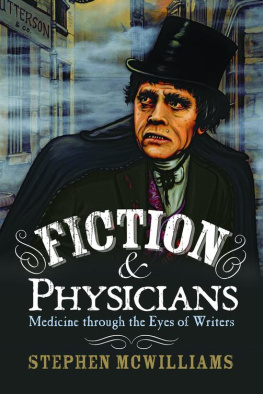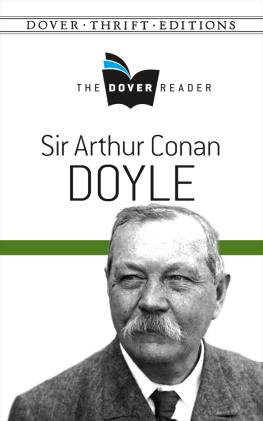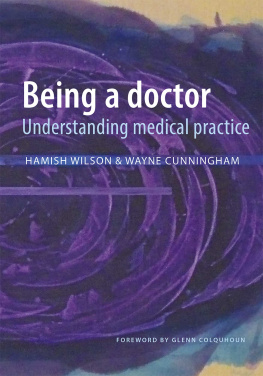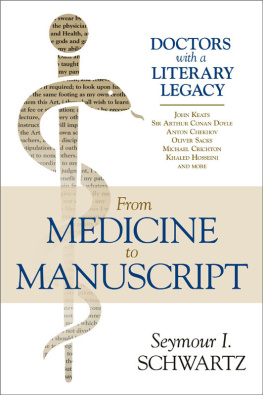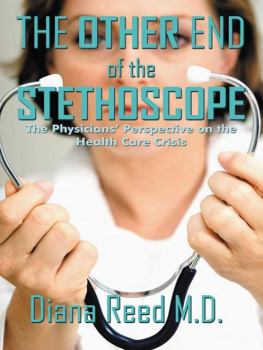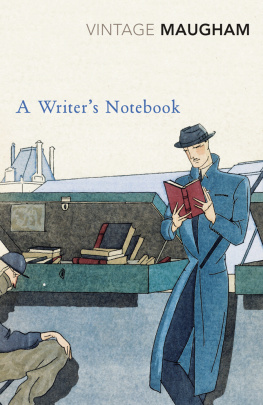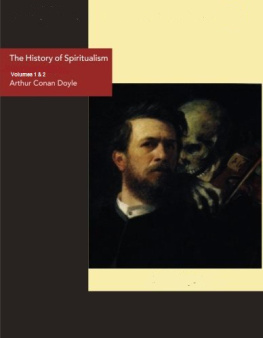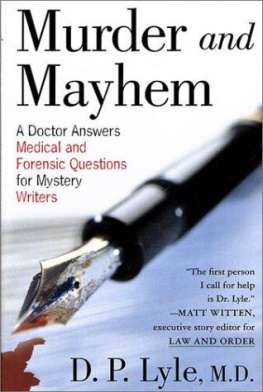I F EVERY STUDENT HAS A FAVOURITE CAF , then mine was Bewleys of Grafton Street. Inspired by the grand Parisian, Viennese and oriental emporia of the nineteenth century, it opened its doors to the public amid the chaotic aftermath of the Irish civil war. As the flagship of the Bewleys empire, the caf was certainly an ambitious project; its renovation alone cost some 60,000, a fortune in 1927. Almost immediately, it became enmeshed in Irish popular culture, frequented by iconic writers and artists from Patrick Kavanagh, to Samuel Beckett, to Sean OCasey, to Bob Geldof. Even James Joyce has referred to it once or twice in his books. But then, how easy it is to picture Irish literary giants sipping coffee as they gazed across a crowded hall at Harry Clarkes half dozen or so brilliant stained glass windows, so much a part of the architecture they are often taken for granted.
The caf still stands today, of course, but a further refurbishment several years ago has lent it a more upmarket feel. It continues to sell coffee but, to many Dubliners, its upgrade has marked the end if an era. Gone are the days when a penniless student like my former self could parsimoniously purchase a beverage and nurse it over the course of hours while reading some cheap paperback novel or simply watching the world go by. But then, perhaps small spenders like me were the very reason the place had to reconsider its modus operandi at all or, at the very least, its clientele.
I usually sat in the smokers section, a large balcony protruding like a shelf over the cavernous eating emporium. Like any shelf cluttered with unique objects, it was here (in the little nook farthest from the self-service area) where a cluster of singular characters seemed to congregate. The atmosphere was rich with every walk of life. Fed by wispy columns rising from a few cigarette ends, a diffuse eye level cloud was pierced here and there by beams from spotlights embedded like bullet holes in the low red ceiling. A few imposing, leafy plants stood in strategic places around the balcony. They didnt seem to mind the air any more than I did, although by now these creatures would probably have counted themselves among the smokers. I am a non-smoker, but the aroma of burnt tobacco was not altogether unpleasant; it was the small price I paid (apart from that of my cup of coffee) for the privilege of watching interesting people.
Bewleys was, in short, a good place to sit and think. It was here, you could say, that the ideas for this book first germinated , and here that I conceived of the earlier passages contained within these pages. As I sat reading, my mind would begin cross-referencing authors, characters, themes and perspectives half-baked ideas I captured in a notebook I soon learned to keep at hand. If the location was important, perhaps it was simply the inspiration provided by ghosts of the literary icons to whom I have already referred.
The final result is Fiction & Physicians, a collection of essays , short biographies, opinion pieces and literary reviews that relate to the central theme of medicine from the viewpoint of Irish, European and American literature. The first half of the book covers the lives, works and motivations of doctors physicians , surgeons and psychiatrists alike who wrote fiction in the form of poetry, plays, fictionalised case histories, short stories or novels. The second half concerns non-medical authors who, in the course of their commentary on universal themes, described fictional doctors, patients or medical illnesses vividly and memorably.
Much of this book has appeared in one form or another between the covers of the Irish Medical Times, the Irish Medical News, Medicine Weekly, Scope or the Irish Psychiatrist. These periodicals are principally aimed at a medical readership, but rest assured that only the most accessible pieces feature here, and all unnecessary esoteric jargon has been removed (or at least explained) in the editing process. Many of the passages, moreover , have never been previously published.
The emphasis is specifically upon fiction rather than cinema , television, art or music per se. Indeed, to cross reference medicine with all forms of art would undoubtedly result in a far, far larger volume. Some digressions do occur, but generally in a well-meaning effort to provide the reader with the bigger picture. Beyond this, Fiction & Physicians hopefully provides something for anyone with an interest in medicine and literature , and the curious manner in which both are intertwined. From Franois Rabelais to Thomas Ripley, it is a modicum of medical miscellany to enjoy over coffee.
B Y THE TIME A NTON C HEKHOV WAS twenty-six, he had published over four hundred short stories. He was also a novelist , while his achievements as an accomplished playwright are beyond doubt. Less well known and more surprising, perhaps is that he was a fully-fledged member of the medical profession. Medicine is my lawful wife but literature is my mistress , he was once noted to say. When Im bored with one, I spend the night with the other. Though it is irregular, it is less boring this way and besides, neither of them loses anything through my infidelity.
Chekhov was not the only doctor to put pen to paper. To begin with, many eminent literary and scientific figures were once medical students who ultimately did not qualify. Most noteworthy is James Joyce, who studied at St Cecilias Medical School in Dublin and for a short period at the Sorbonne in Paris. Others who subsequently applied their intellect to non-medical matters include the writer Bertolt Brecht ( medicine at Munich University), the revolutionary Jean Paul Marat (medicine at the University of Toulouse), and the astronomer Nicolaus Copernicus (medicine at the University of Padua). Some writers, as we shall see, qualified in medicine but never practiced, while others practiced initially and then abandoned one calling in favour of the other. And then, occasionally, we come across examples of individuals who successfully juggled two careers as artfully as they approached either one of them.
Franois Rabelais, Oliver Goldsmith, John Keats, Sir Arthur Conan Doyle, William Somerset Maugham, Oliver St John Gogarty, William Carlos Williams, A.J. Cronin, Michael Crichton, Khaled Hosseini, Paul Carson and many others shared a passion for both disciplines in a list that is seemingly endless. Such physician-writers hail from across the globe, with the Unites States, Canada, Ireland, England, Scotland, Wales, France, Germany, Austria, Russia and Afghanistan represented among their number. Some focused primarily on medical matters in their fiction, utilising their clinical experience and observations to synthesise dilemmas involving fictional physicians. Others particularly those who are perhaps better known strayed beyond medical themes to comment on the general workings of the world and the challenges faced by the people within it. What they held in common was a yearning to write and the skills and experience to make it happen.

